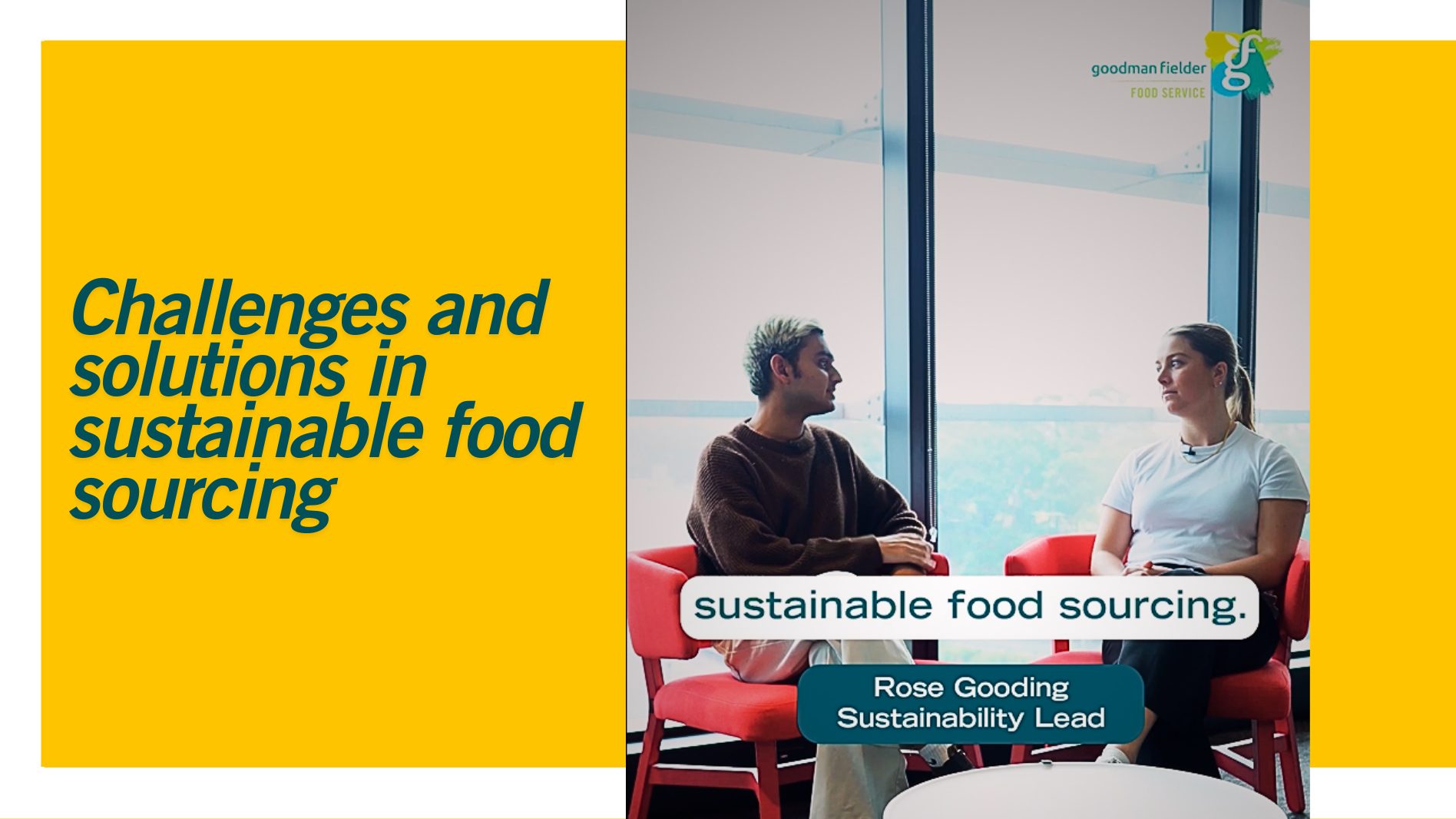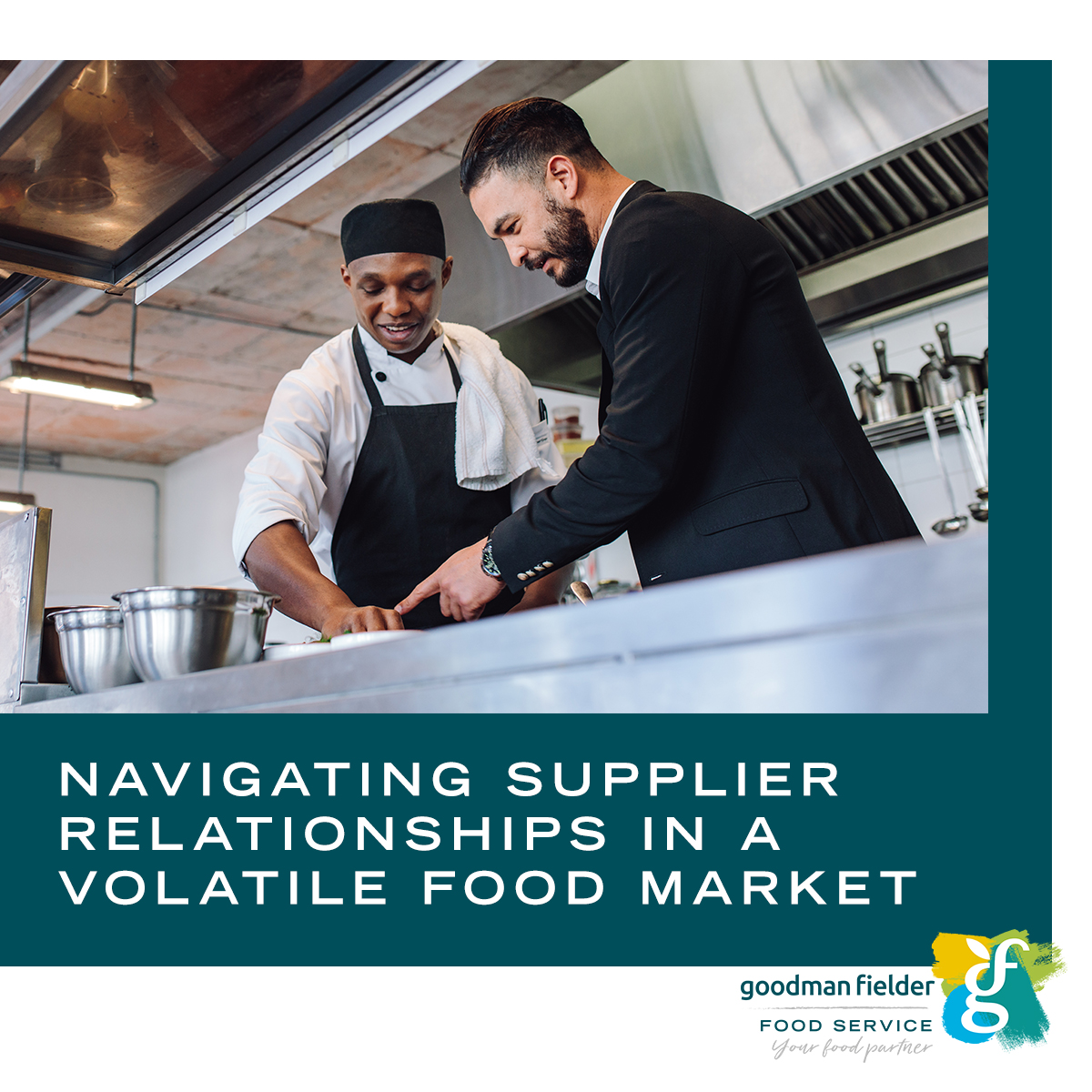
In the food industry, supply chain disruptions can have far-reaching consequences, affecting food service operators, consumers and local communities. Recent egg shortages due to avian influenza, cyclones in Queensland affecting sugar supplies and drought causing poor harvests of canola and wheat all demonstrate how supply chains can be easily and unexpectedly disrupted. As food supply experts, we understand the critical importance of being prepared. Use these five key strategies to manage and mitigate supply chain disruptions effectively.
1. Understand your supply chain and manage risk
A good understanding of your supply chain is essential for effective risk management. Actively monitoring local and global markets will help you identify potential issues so you can take pre-emptive action. This involves staying informed about factors (political, economic, and environmental) that could impact your supply chain.
Working closely with your supply partners is a good way to stay on top of potential impacts and can provide valuable insights and resources. At Goodman Fielder, we share our knowledge, expertise and market intelligence to help you stay ahead of potential issues and develop contingency plans.
2. Implement good inventory planning
Part of effective inventory planning is having contingencies in place for the products you use regularly. Try to avoid relying on a single product, employing the ‘good, better, best’ approach instead. This enables you to pivot quickly if a particular product line is affected by a disruption.
This type of contingency planning reduces risk and provides alternatives if one source fails. At Goodman Fielder, we work with our end users to regularly review and adjust inventory plans, ensuring they remain aligned with market demands and supply conditions.
3. Have open and transparent dialogue with your supplier and customers
Effective and timely communication is the cornerstone to managing supply chain disruptions. Establishing three-way communication channels among suppliers, distributors and customers is essential for transparency and openness. This approach ensures that everyone involved is on the same page, which is crucial during a crisis.
When communicating updates to your own customers, make sure your language and messaging align with your supply partners. It’s their job to keep you updated on any supply chain disruptions, and ensure you have the necessary information and messaging to keep your customers informed.
4. Manage your stock levels
Inventory management is crucial to ride out issues in the supply chain. Maintaining optimal stock levels helps you buffer against unexpected delays and shortages, but it’s important to strike a balance between having enough inventory to meet demand while avoiding excess stock with limited shelf life.
Plan for regular reviews of your inventory and adjust it based on market conditions and demand forecasts. For example, you might choose to order extra of a particular ingredient or product if you’re expecting a disruption event. Lean on your supply partner to help you identify these potential issues ahead of time.
5. Consider an alternate menu
When a critical disruption can’t be avoided, introducing an alternate menu, changing menu items or pivoting to other options can be a game changer. For example, in response to the recent egg shortage, McDonalds cut its breakfast hours to alleviate the pressure on its supply.
In the event of a supply disruption that affects your business, ask your supply partner for help identifying alternative menus, ingredients or products. Our local and global reach at Goodman Fielder Foodservice means that we will generally be able to find a suitable product or menu alternative to meet your needs. You can also rest assured that any alternatives we offer adhere to rigorous Australian standards and have all the necessary accreditations for food health and safety.
Managing food supply chain disruptions requires a proactive approach. Collaborating with Goodman Fielder Foodservice can strengthen your strategy; our food service experts can offer expertise, support and resources to maintain resilience in the face of unforeseen challenges.
Check out our diverse product range or reach out to our team to ask how we can help.
Justin McGirr
National Business Manager – Foodservice Distribution






